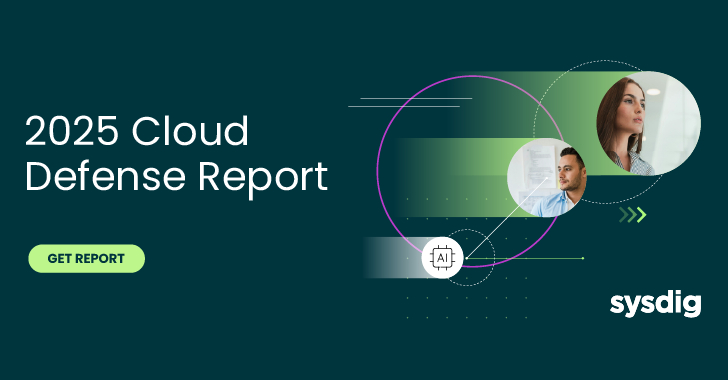
GDPR Compliance Challenges in the Age of AI Data Collection
Imagine a world where your every move, click, and preference is meticulously logged, analyzed, and used to offer tailored services and experiences. We’re not delving into a sci-fi story, but rather the modern landscape shaped by artificial intelligence (AI). AI’s ability to harness vast amounts of data promises a revolution in many sectors. However, with great power comes great responsibility—or, in this case, great regulatory scrutiny.
The General Data Protection Regulation (GDPR) stands as the European Union’s mammoth response to concerns about personal data handling. Designed to protect the privacy rights of individuals, it introduces stringent requirements for data collection, storage, and processing. But, how does AI, a domain dependent on data, align with GDPR? Let’s uncover the challenges that emerge in the confluence of GDPR and AI-driven data collection.
- The Principle of Minimization vs. AI’s Voracious Appetite
At the heart of GDPR is the ‘data minimization’ principle. It mandates organizations to collect only the data absolutely necessary for a specific purpose. But AI, especially in its training phase, thrives on vast amounts of data, sometimes even without clear immediate application. This insatiable demand for data clashes with GDPR’s ideals, putting organizations in a tricky spot. How can one strike the balance between feeding the AI enough data to be effective and not violating GDPR?
- Explicit Consent and Automated Decisions
GDPR emphasizes informed and explicit consent. Individuals must be made aware of and agree to their data being collected and processed. But as AI systems become more complex, explaining their functioning in layman’s terms becomes a daunting task. Moreover, GDPR grants people the right not to be subject to decisions based solely on automated processing, including profiling. This poses a direct challenge for AI applications in areas like finance, where credit scores may be determined by algorithms, or in job recruitment, where screening might be automated.
- Right to Explanation vs. AI’s ‘Black Box’ Dilemma
A cornerstone of GDPR is the ‘right to explanation,’ which means individuals have the right to understand the logic, significance, and consequences of automated decisions made about them. AI, especially deep learning models, are notoriously opaque. While they can predict or classify with uncanny accuracy, explaining how they arrived at a particular decision isn’t straightforward. Tools and methods to make AI more interpretable are being developed, but they’re not universally applicable or mature yet.
- Data Accuracy and the Risk of Bias
GDPR mandates that data be accurate. If AI models are trained on inaccurate or biased data, they can make flawed decisions or reinforce existing prejudices. This isn’t merely a GDPR compliance issue but also an ethical one. Efforts to ensure fairness in AI models must be central to any organization’s AI strategy.
- Data Retention and Continuous Learning
AI models, particularly in the realm of machine learning, often benefit from continuous learning—that is, constantly updating themselves based on new data. However, GDPR states that personal data shouldn’t be retained longer than necessary. Navigating this dichotomy—keeping data long enough for AI models to learn while not breaching GDPR retention limits—becomes another challenge.
- Cross-border Data Flows and Global AI Projects
AI projects frequently involve collaborations across borders. Data might be sourced from one country, processed in another, and deployed in a third. GDPR has strict rules about transferring personal data outside the EU. Ensuring compliance when data moves across international boundaries, especially when multiple jurisdictions with their own privacy laws are involved, is complex.
The Road Ahead: Coexistence or Collision?
Can GDPR and AI data collection coexist without incessantly butting heads? The answer lies in the approach. Adopting privacy-by-design, where compliance with GDPR is baked into the AI system from the ground up, is crucial. Cutting-edge research is pushing the boundaries of techniques like federated learning and differential privacy, which offer promise in training AI models without compromising individual privacy.
For organizations, a proactive stance is essential. This involves staying updated with the evolving regulatory landscape, investing in explainable AI, ensuring rigorous data quality checks, and being transparent with users. It’s not just about adhering to the letter of the law but imbibing its spirit to ensure that AI serves humanity without compromising the sacrosanct nature of personal data.
In the grand tapestry of technological advancement, GDPR and AI might appear as contrasting threads. But with thoughtful weaving, they can contribute to a picture where innovation thrives alongside respect for individual rights.
Contact Cyber Defense Advisors to learn more about our GDPR Compliance solutions.





